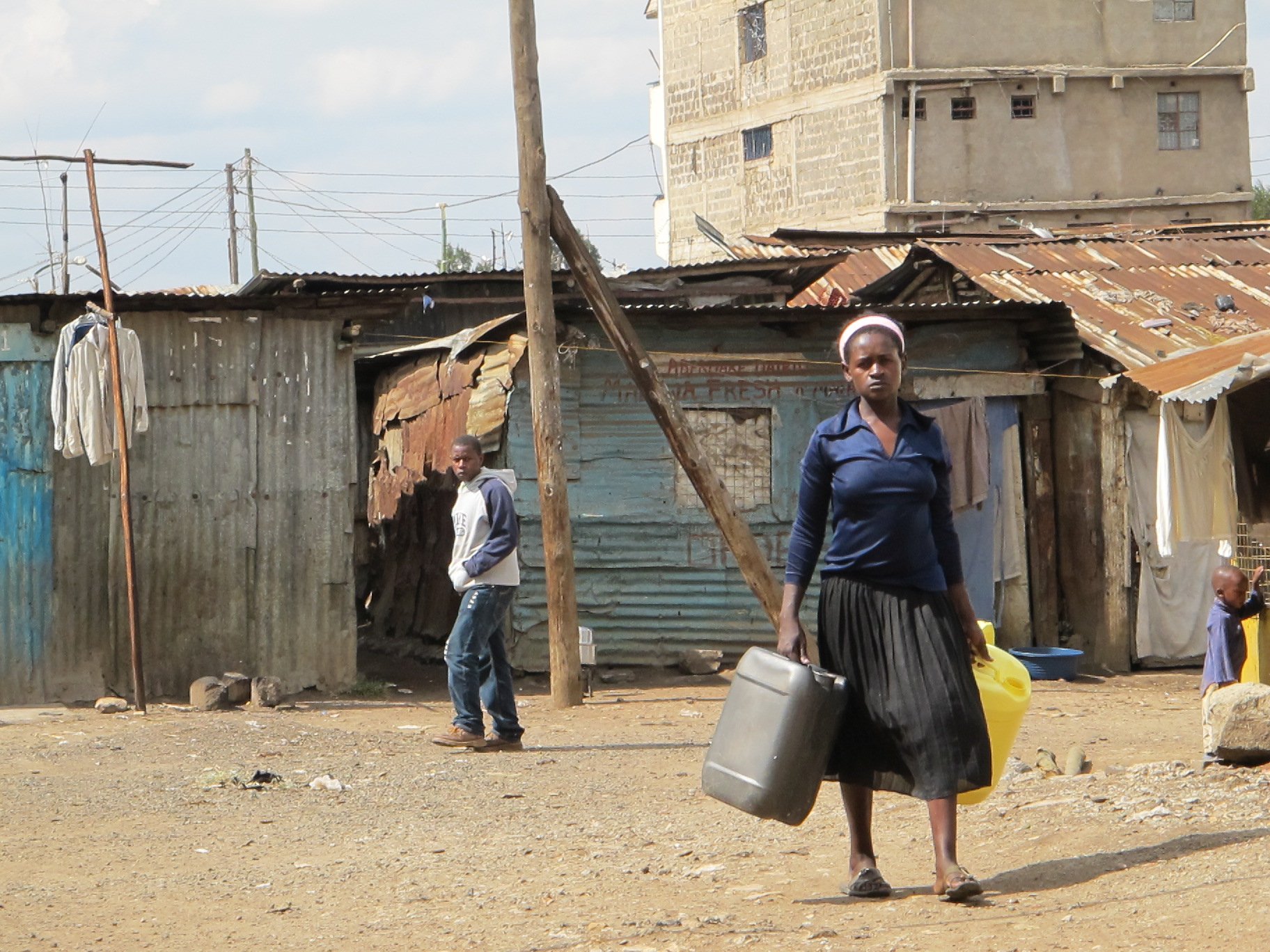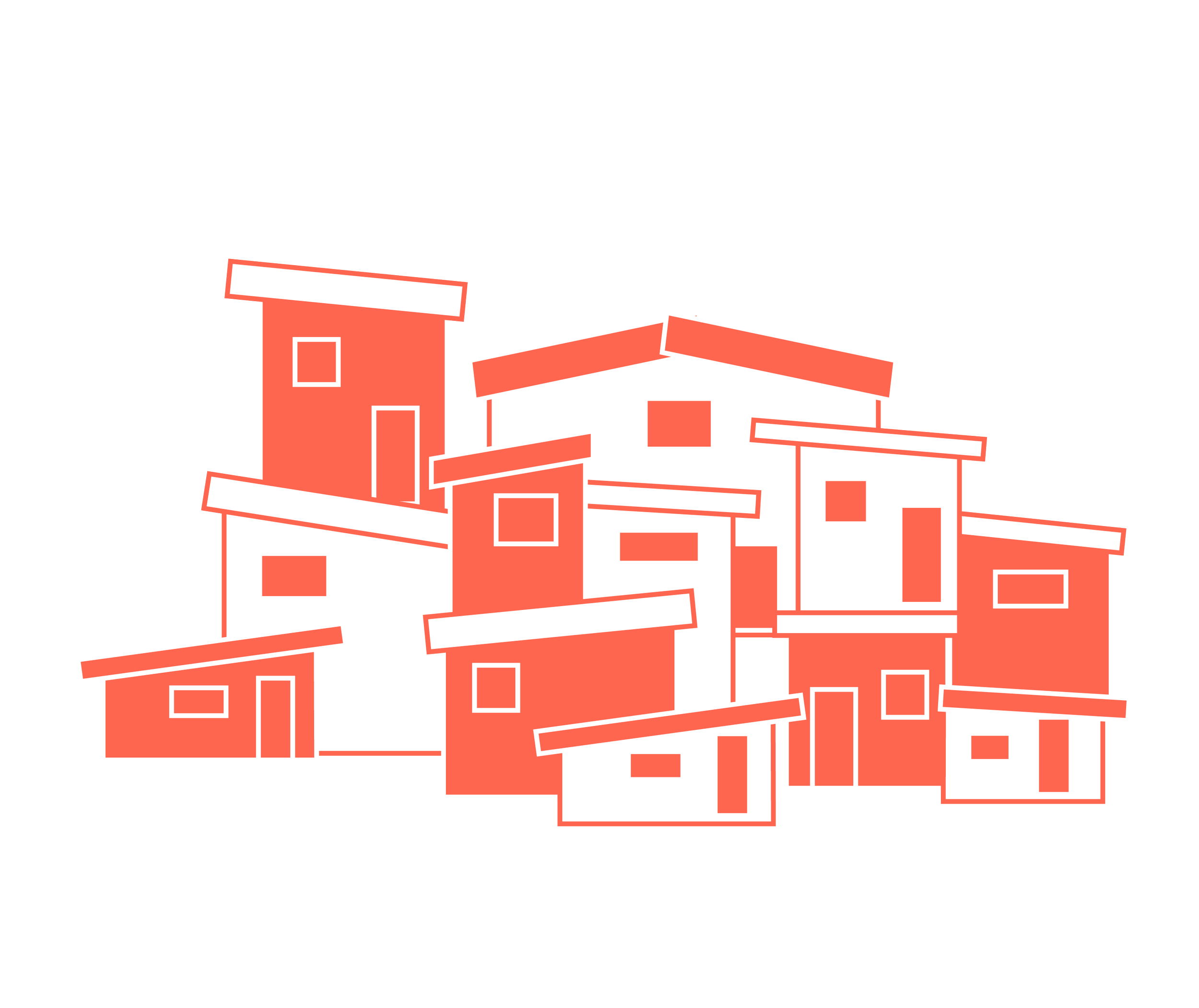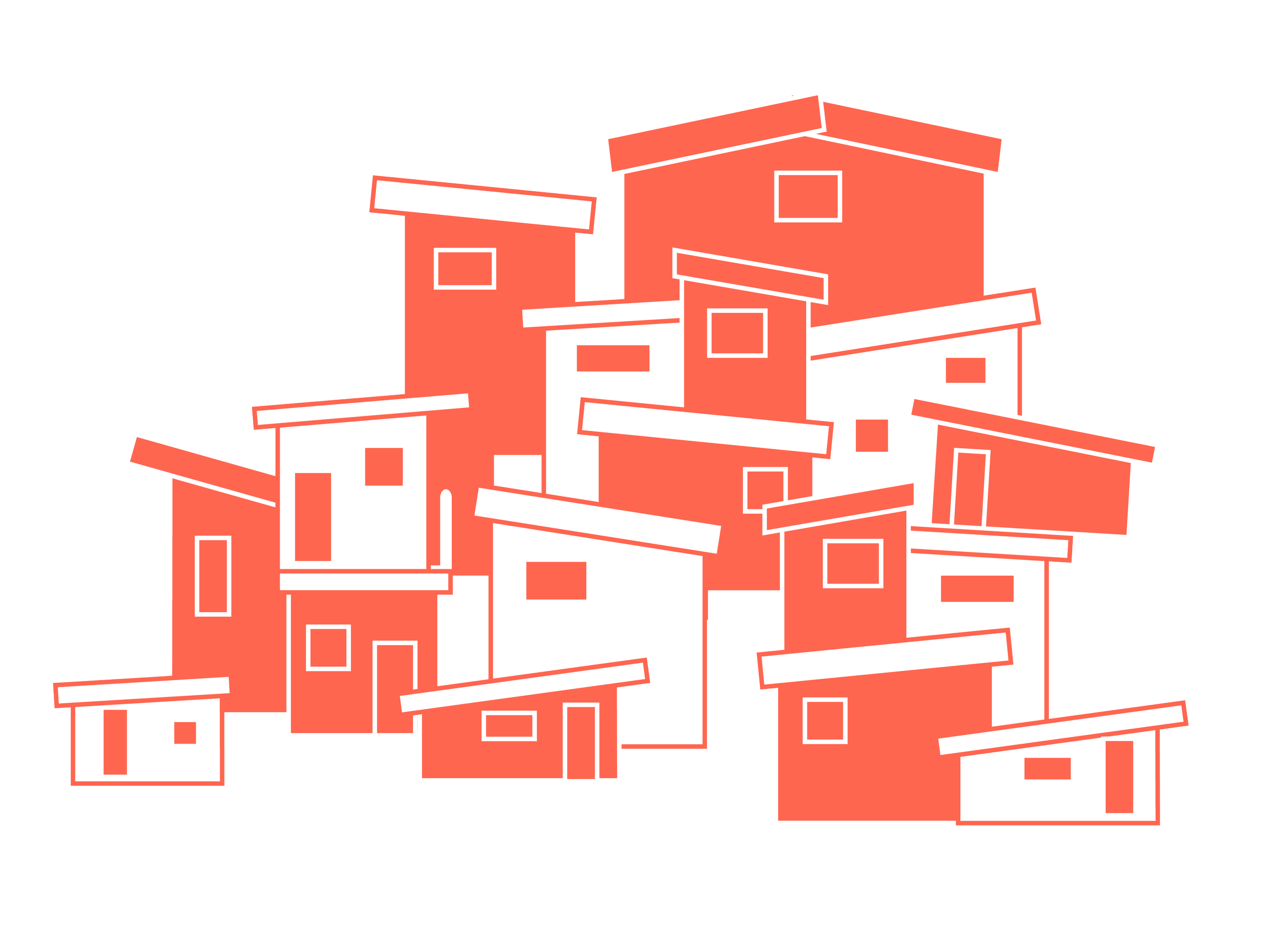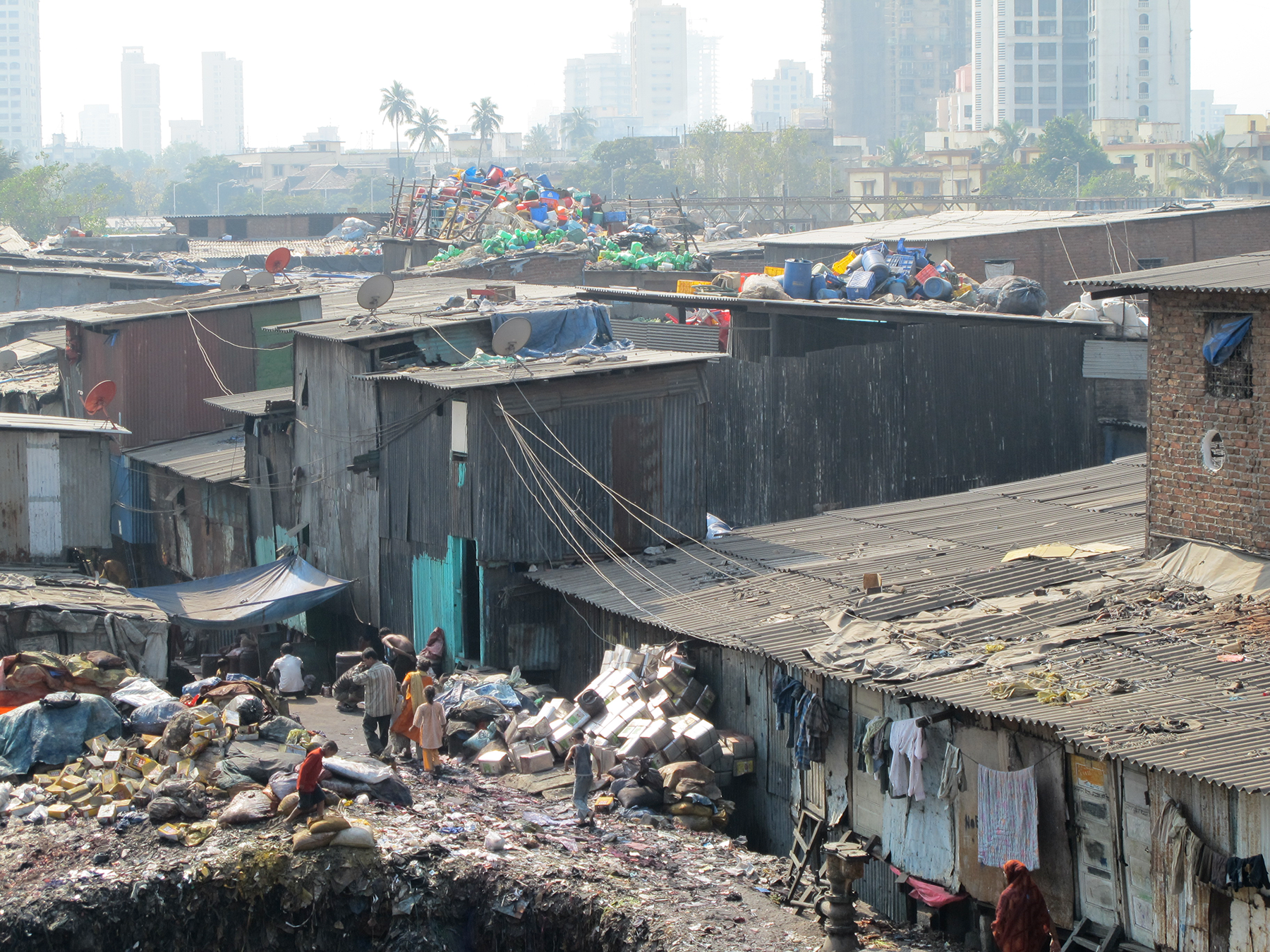
A critical pathway to meeting climate and development goals and ending inequality.
Most people now live in cities and the world’s urban population is projected to increase by another 2.5 billion people by 2050.
Yet, 1 in 3 urban dwellers – over 1.2 billion people – do not have reliable, safe or affordable access to basic everyday services and infrastructure like decent housing, running water and sanitation, electricity, or transport to work and school.
The IPCC’s Summary for Urban Policymakers highlights how the people most exposed to climate risks of heatwaves, flooding and food insecurity in cities are the lowest income and those living in smaller and lower income cities that lack adaptation planning capacity. National and global climate goals, as well as the Sustainable Development Goals, cannot be achieved without addressing this divide.
This “urban services divide” holds back entire economies and imperils development and climate goals. Inequality and climate action cannot be separated.
The number of urban under-served further increases to 2 in 3 in low-income countries, which include the most rapidly urbanizing places today.

The places where action is needed most urgently are the slums and informal settlements that house the majority of households in low-income cities.
These are places where the most people living in situations of vulnerability often live and where an increasing number of climate migrants arrive every day in search of relief and opportunity.
Residents face chronic insecurity due to threats of eviction, while climate disasters continue to deplete and destroy assets and push new migrants to arrive each day.
SHARED PRINCIPLES
The REHOUSE (Resilient, Equitable Housing, Opportunities and Urban Services) Shared Principles aim to accelerate progress towards more equitable and climate-smart cities through resilient and affordable housing and basic services.
Locally-led by a group of international NGOs, the Shared Principles are designed to guide national and urban decision-makers and stakeholders in advancing climate goals and sustainable development through the lens of housing.
Housing is an entry point that has the most direct impact on people’s lives and livelihoods, the ability to pull along other core urban services, and can serve as the foundation for policies, programs and peer learning across cities and countries.
These eight principles which follow are in draft form and we expect them to evolve.

Equitable, climate-resilient housing integrated with urban services
1.
Championing climate change adaptation and mitigation actions that reduce vulnerabilities, expand opportunities, and improve quality of life for the urban poor: Scaling solutions that prepare cities for adequate housing of climate migrants while improving the living conditions of people living in urban slums and informal settlements.
2.
Prioritizing the vulnerable in designing and delivering decent, affordable, climate-resilient housing, infrastructure, and urban services for all: Advocating for the articulation, demonstration, and development of policies and programs to address the housing and habitat precarity faced by vulnerable communities in cities, with the aim of achieving climate, environmental, social, and economic goals.
3.
Supporting equitable land rights, and integrated spatial planning that incorporates access to services: Working towards adapting land use and infrastructure plans, zoning, and building codes to reflect the needs and constraints of slums and other disadvantaged communities, while improving land tenure security for slum dwellers.
4.
Recognizing the “house as a place of work” and a site to earn a livelihood: Expanding the existing narrative of “house as shelter” to recognize and support informal workers and their enterprises, a majority of which are home-based within urban slums and informal settlements.
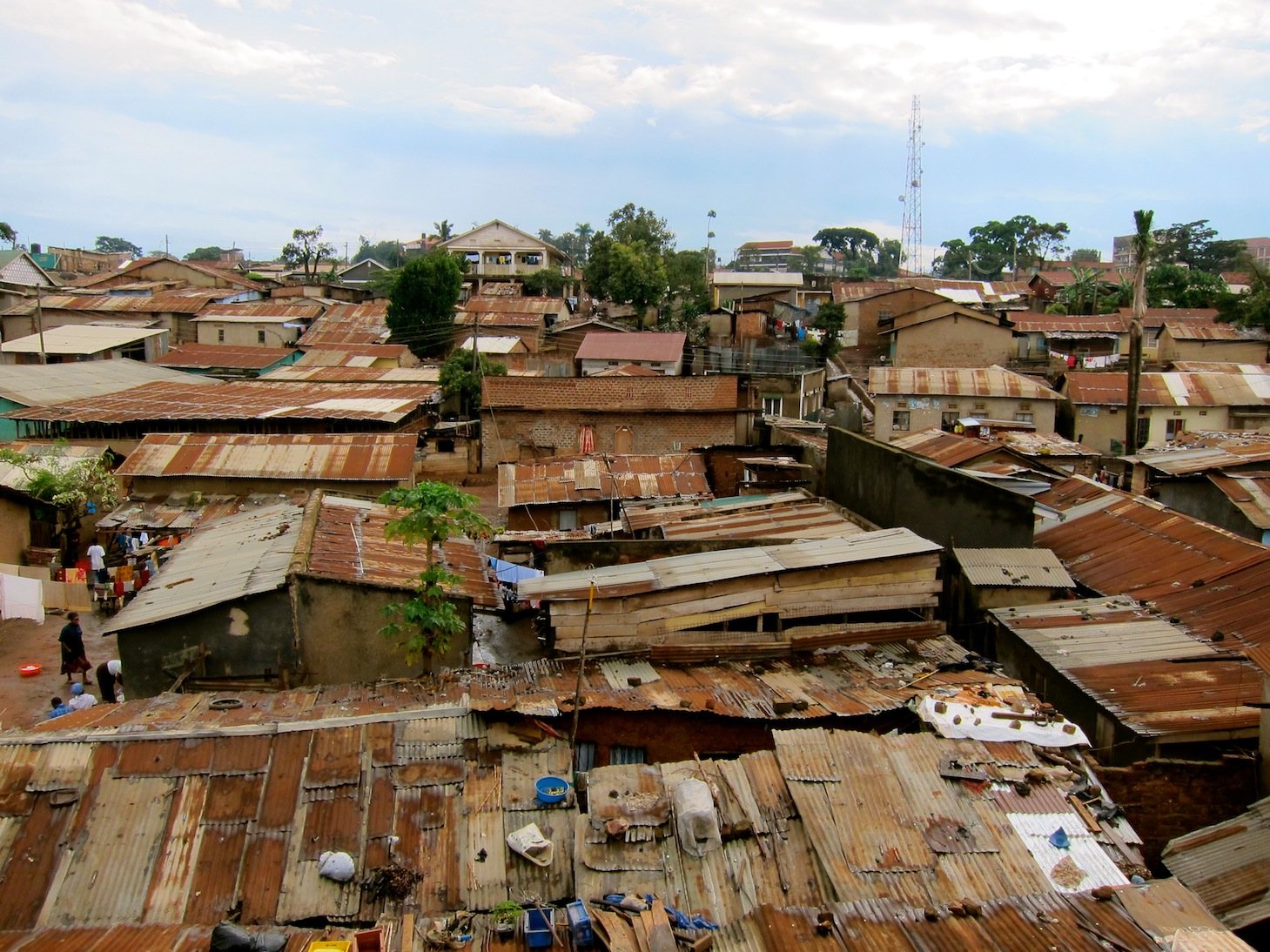
Inclusive governance and transparent, open data for accountability
5.
Championing the capacities, strategies, and solutions that emerge from empowered, organized communities of the urban poor – particularly women and youth: Facilitating the creation of diverse coalitions where marginalized communities are seen as change-makers with a key voice, helping mainstream pro-poor climate action in national urban programs and equitable urban solutions in national climate strategies.
6.
Supporting cities in generating credible, open access, local data through community engagement, to guide inclusive investments: Collecting consistent data through community engagement on the needs, priorities, and costs faced by the urban poor, using the data for increased accountability of service providing agencies, and to develop appropriately contextualized solutions co-created in partnership with vulnerable communities.

Financing that meets the urgent needs of the urban poor
7.
Championing environmental justice and equity in climate and development funding: Increasing the level of global and national funding, targeting the investment to where the needs are greatest, and financing replication and scaling of community-led innovative approaches, finance mechanisms, and technologies to maximize impact and drive urban transformation at scale.
8.
Supporting processes and solutions for adequate housing and services from a Loss and Damage lens: Gathering global information on informal settlements in climate risk hotspots, where vulnerability to climate risks is high, and prioritizing these for loss and damage financing and sensitive relocation, while maintaining livelihood opportunities and access to services.
